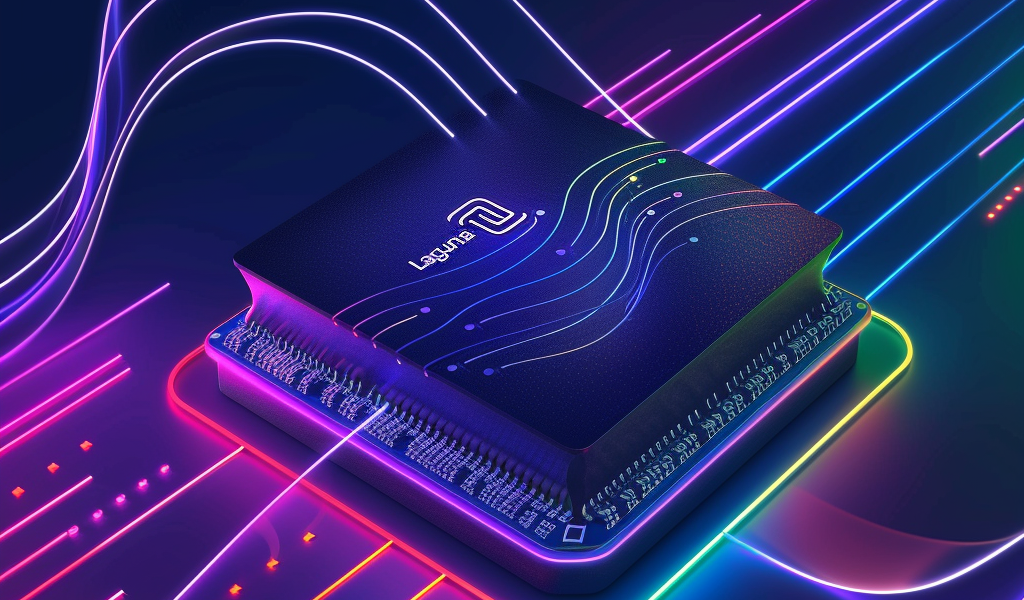In the ever-evolving landscape of mobile technology, Google is making waves with the anticipated launch of its next-generation processors, the Tensor G5 and Tensor G6. Recent discoveries have revealed the codenames associated with these new chips, sparking excitement among tech enthusiasts and industry experts alike.
According to reports, the Tensor G5, codenamed Laguna, and the Tensor G6, known as Malibu, were uncovered in the latest updates to the Android Open Source Project (AOSP) code. This leak comes on the heels of the recent launch of the Pixel 9 series, which features the semi-custom Tensor G4 chipset. As anticipation builds for the Pixel 10, the introduction of the Tensor G5 processor is expected to mark a significant leap in performance and capabilities for Google’s flagship devices.
The findings were brought to light by Android expert Mishaal Rahman, who, alongside a member of the Discord community, identified these codenames within the AOSP code. The Laguna name has surfaced in prior leaks regarding the Tensor G5, indicating that Google is gearing up for a notable upgrade.
One of the most exciting aspects of the Tensor G5 is its manufacturing shift. For the first time, Google is reportedly collaborating with TSMC (Taiwan Semiconductor Manufacturing Company) to produce its Tensor chips. Historically, all previous Tensor processors were manufactured by Samsung Foundry, which has faced criticism for its production quality. The transition to TSMC is anticipated to result in better performance and efficiency, addressing issues such as throttling and overheating that have plagued earlier models.
The Tensor G5 is expected to deliver improved thermal management and performance metrics, which could enhance the overall user experience for Pixel phone users. The switch to TSMC is seen as a strategic move, especially in light of the challenges encountered with Samsung’s manufacturing processes, including the Snapdragon 8 Gen 1 chip.
Further fueling speculation about the Pixel 11 series, a report from Business Korea last month indicated that Google is also working with TSMC to develop the Tensor G6 using a cutting-edge 2nm process. This advancement in chip manufacturing technology could pave the way for even more powerful and efficient processors, reinforcing Google’s commitment to innovation in mobile technology.
The Pixel 10, expected to debut soon, is shaping up to be a pivotal release for Google, particularly with the introduction of the Tensor G5. The improvements in processing power and thermal efficiency could set a new benchmark for Pixel devices, enhancing their appeal in a competitive smartphone market.
As the tech community eagerly awaits more details about the Pixel 10 and its accompanying Tensor processors, the implications of these advancements extend beyond just hardware. They signify Google’s ongoing efforts to refine its ecosystem of products and services, aiming to provide users with a seamless and powerful mobile experience.
With the tech landscape constantly shifting, the unveiling of the Tensor G5 and G6 processors is a clear indication that Google is not only keeping pace with industry trends but is also poised to lead in innovation. As we move closer to the official announcements, more leaks and insights are likely to emerge, providing a clearer picture of what to expect from Google’s upcoming devices.
Stay tuned for further updates as we continue to track the developments surrounding Google’s Pixel series and its groundbreaking Tensor processors.





